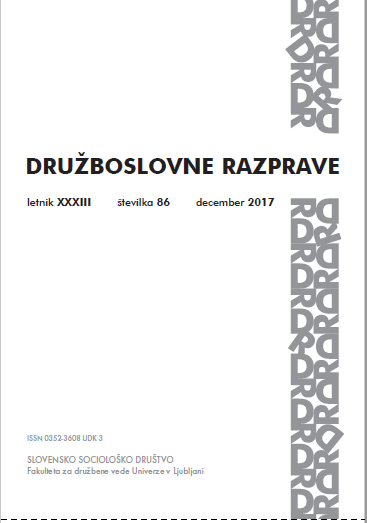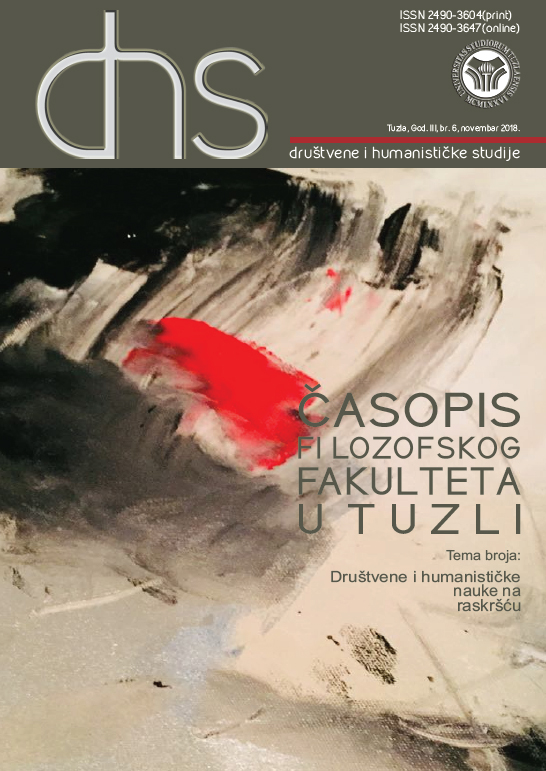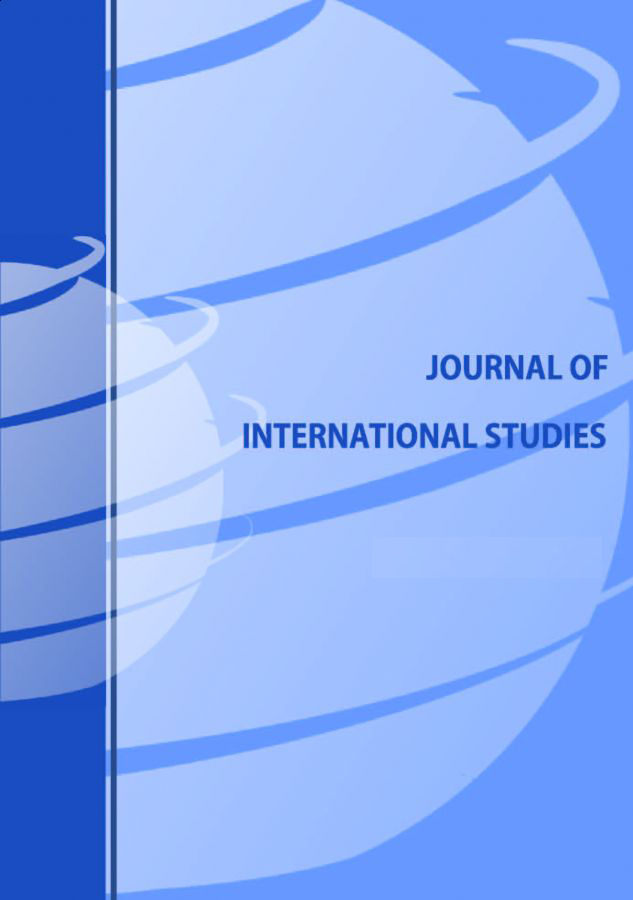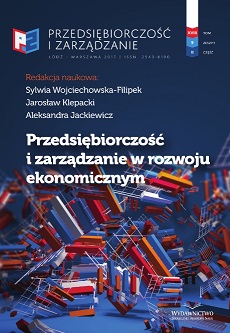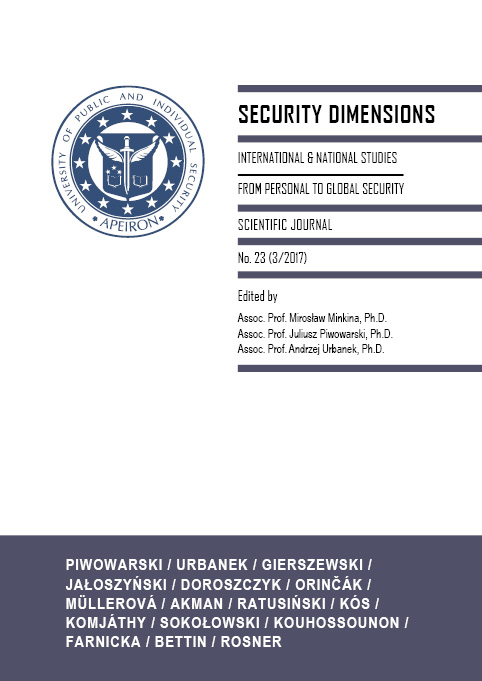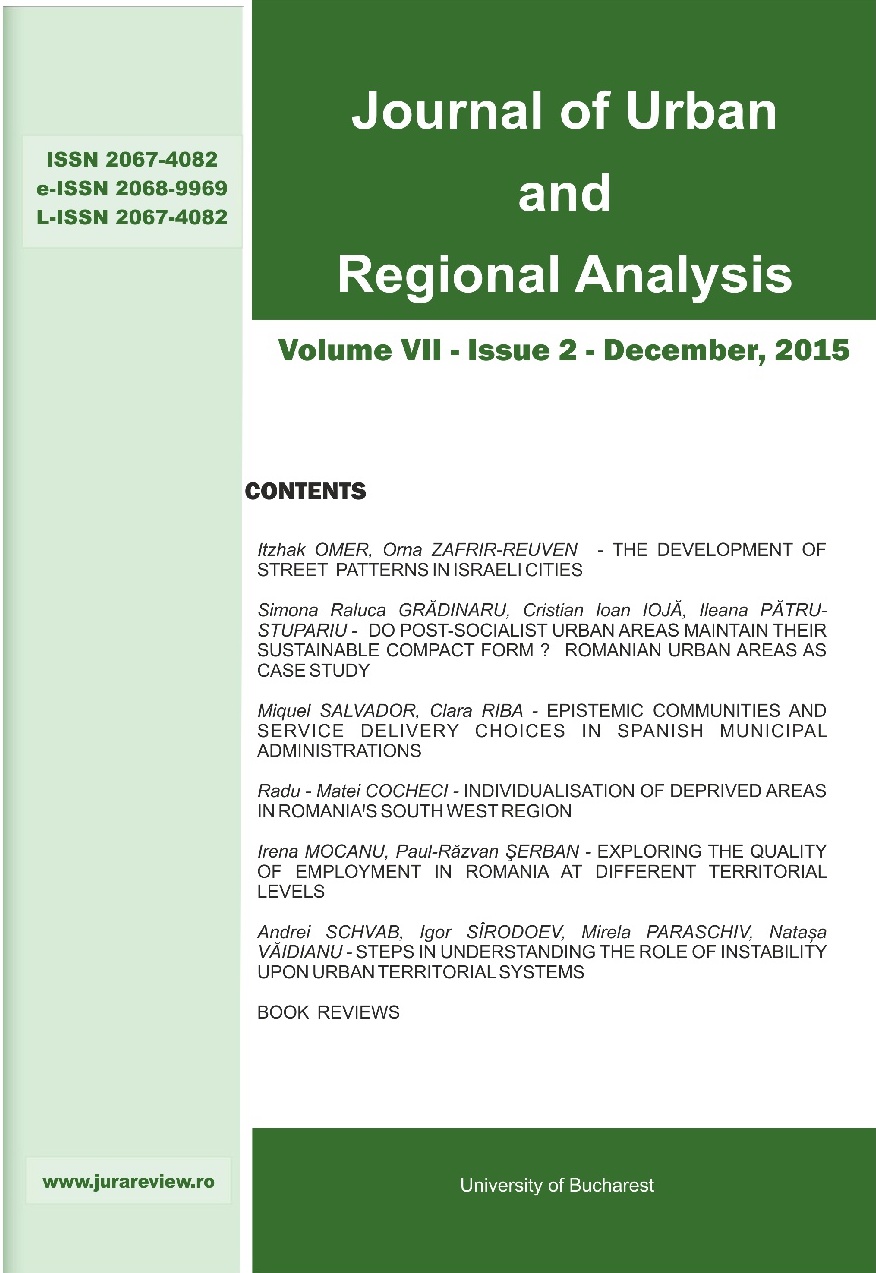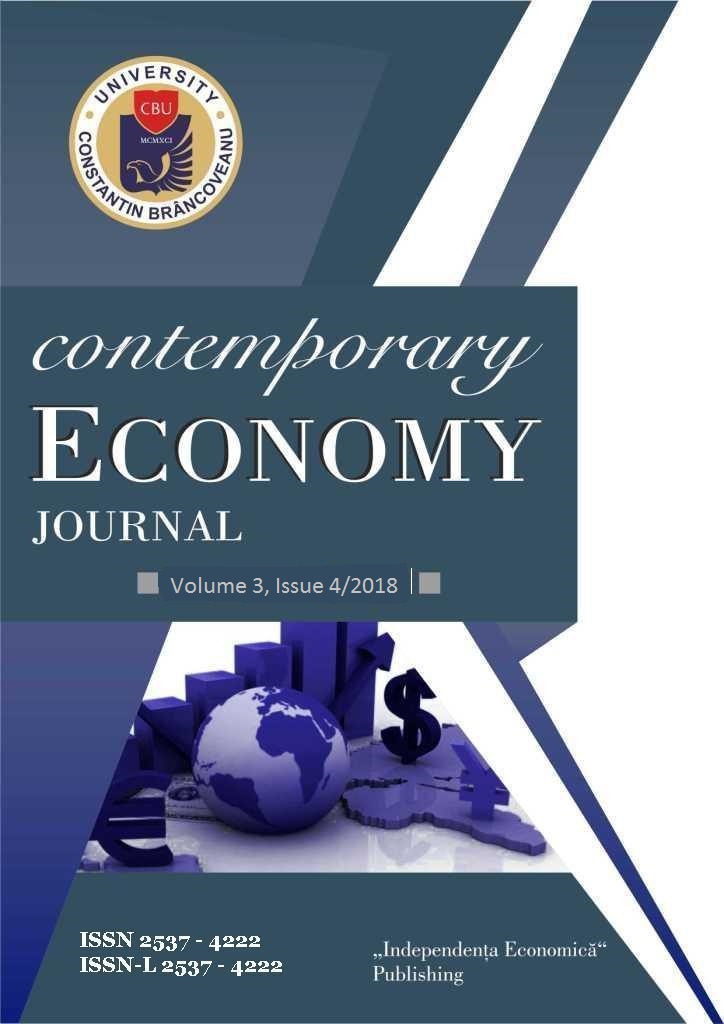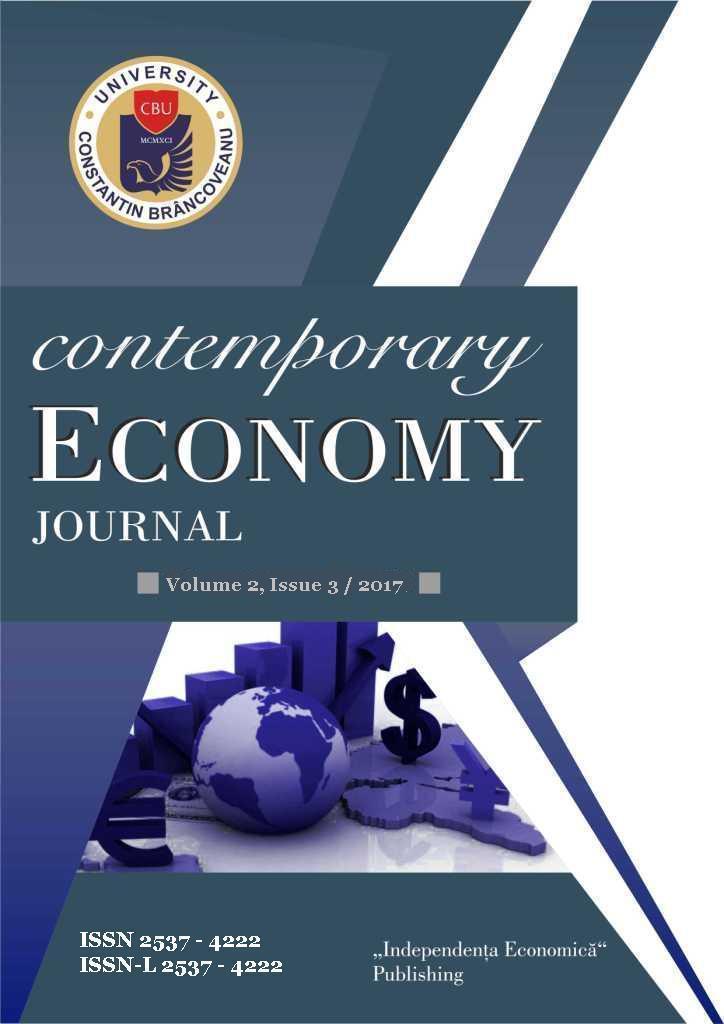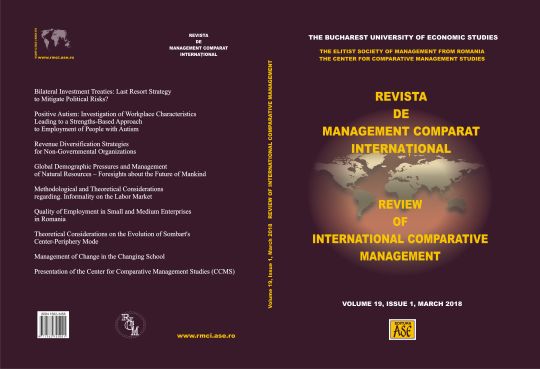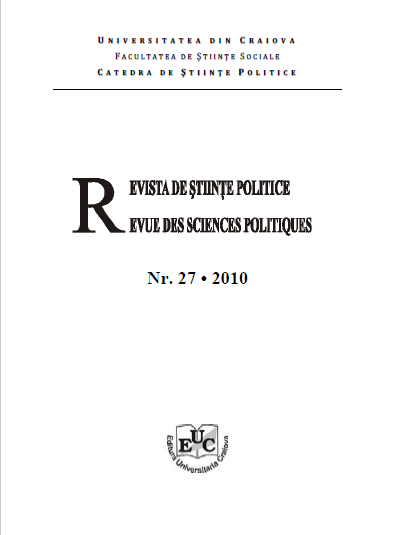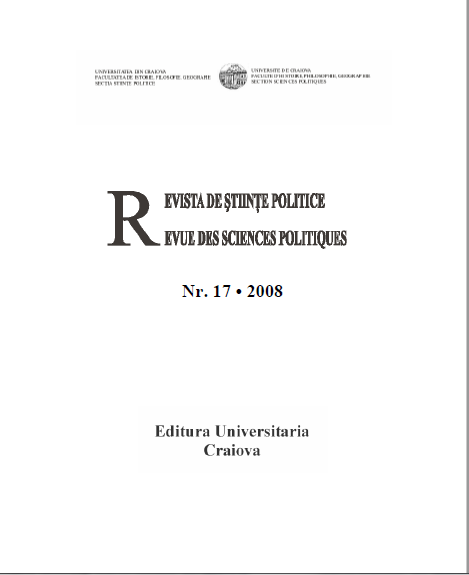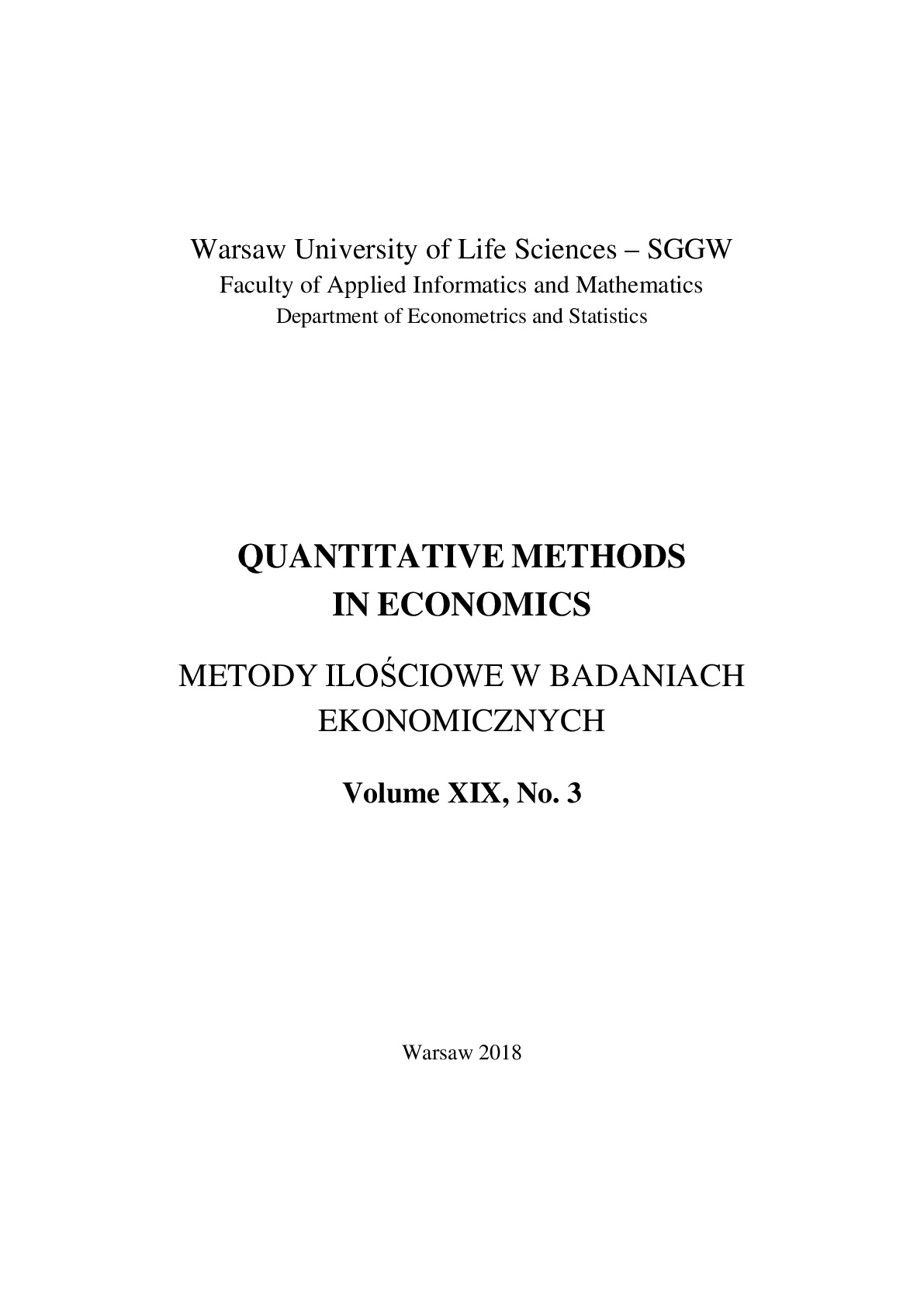Author(s): Vitaly Vladimirovich Kryvoshein / Language(s): Ukrainian
Issue: 4/2018
Problem setting. In the context of the diversity of the research landscape of risks, it is very relevant to disclose the content of the risk modus of М. Foucault within the framework of a new governance paradigm - the governmentality. This term consists of two words: governance and mentality, which allows expression of the relationship between the two poles of governance: the forms of government, through which different power structures manage the population, and technologies of self-discipline, self-reflection, selfrationalization, which give individuals the opportunity to show their subjectivity.Recent research and publications analysis testifies that the concept of «governmentality» was quickly perceived by social scientists, which led to theemergence of a new research direction - governmentality studies -first in the Anglo-Saxon space, and the cultural and linguistic areas, in particular - in German. However, in Ukraine, there is kin the focus of the governmental society was almost not considered.Paper objective. The purpose of this article is disclosure of the essential properties of risk in a new governance paradigm - the governmental.Paper main body. A discourse of risk is described in the context of M. Foucault’s theory of power. The transformation of power-domination into disciplinary power and the establishment of a new governance paradigm - the governmentality - are found in Western European space. The specifics of the production of risks in the conditions of a governmental society are determined. In particular, in the context of reflexive modernism, especially in the context of liberal biopolitics, its specific form of the implementation of power relations, the rationalization of people’s lives in some way begins to be regarded as a priority interest in state policy. Various risks become the basis of the state biopolitics, which forms the «rational normality» of the body, health, nutrition, sexuality, the image of people’s livelihoods - everything turns into administrative objects in order to «avoid risk». All knowledge of the dangers and risks posed by liberal political power is considered «true, socially valuable», while any other knowledge and other forms of life - «unworthy of existence». The essence of governmental rationality is that the administration of the body, health, nutrition, and sexuality of people today is shifting from state structures to the population itself, which is becoming increasingly concerned about the problem of risk aversion. Now, people themselves are reflecting on the technologies of normalizing their body and health.Conclusions of the research.It is shown that the subject of M. Foucault’s risk research is risk discourses, which can include both rational and irrational components, both expert knowledge and knowledge of ordinary people. According to these ideas, risk is understood as a corporate strategy based on the risk perception of individuals who continuously monitor their physicality, guided by the goals of neoliberal biopolitics. The very same risk-perception is, in fact, socially and culturally constructed by structures that claim to produce expert knowledge as «truth». Accordingly, the nature of social stratification is changing: now the population appears in the form of various risk groups depending on its degree.
More...
